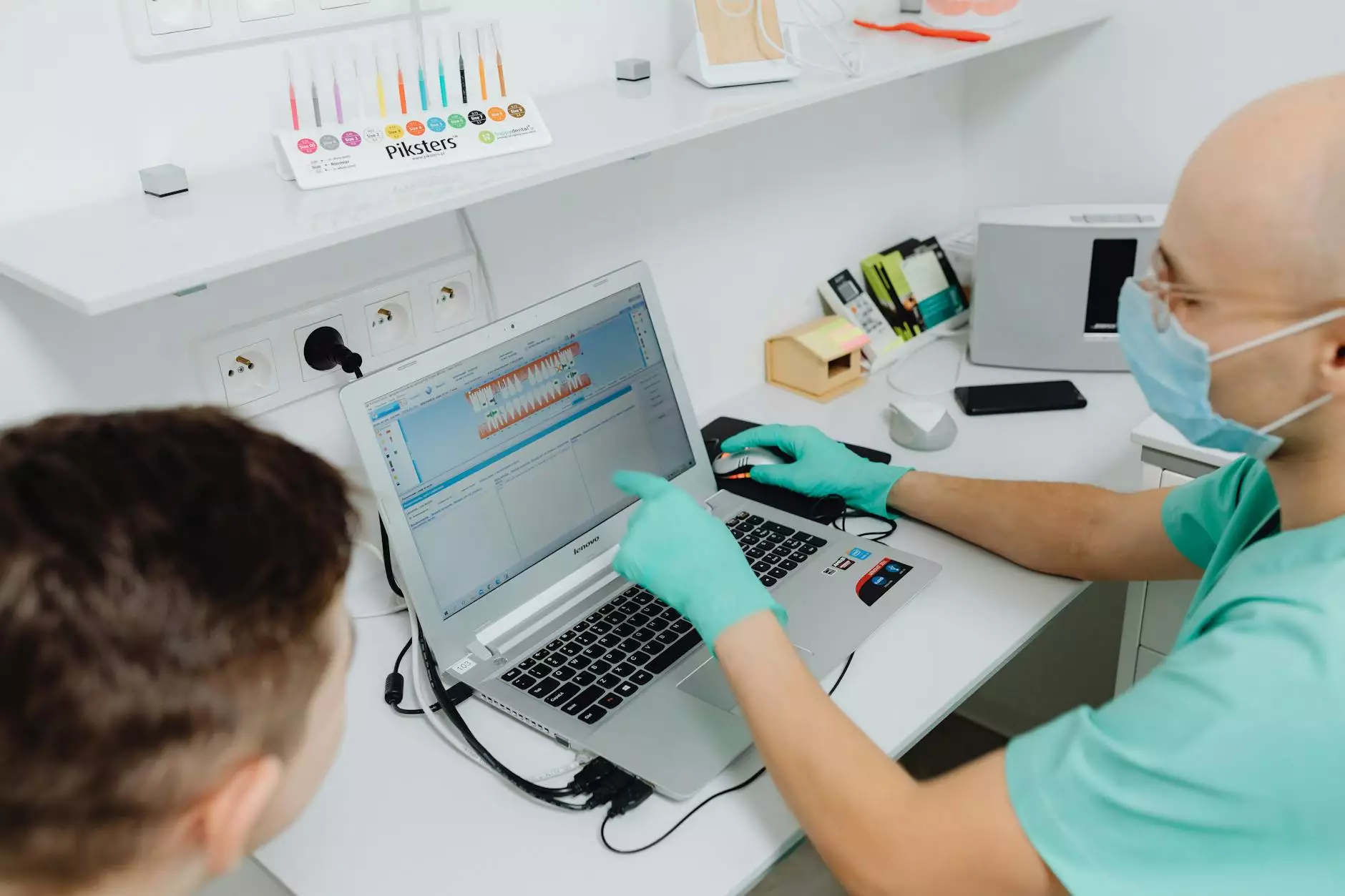Understanding Diesel Fuel Pump Parts: A Comprehensive Guide

The world of heavy machinery and transportation relies heavily on diesel fuel pump parts to ensure that engines operate smoothly and efficiently. Every diesel engine, whether in a truck or an industrial machine, depends on the fuel pump assembly to deliver fuel to its engine in precise amounts. This article delves deeper into the essential components of diesel fuel pumping systems, their functions, maintenance, and purchasing tips, ultimately ensuring you are well-informed about your needs in the Diesel Engine Parts category.
The Basics of Diesel Fuel Pump Systems
At its core, a diesel fuel pump system's primary role is to transport diesel fuel from the tank to the engine. Here are some key aspects involved in this process:
- Fuel Supply: The fuel must be consistently supplied to the engine for optimal performance.
- Pressure Regulation: The pump ensures that fuel is delivered at the right pressure, essential for the engine's efficient operation.
- Fuel Quality Maintenance: A good fuel pump system filters impurities, maintaining fuel quality and ensuring smooth engine function.
Components of Diesel Fuel Pump Systems
Understanding the different diesel fuel pump parts is essential for anyone looking to maintain or replace components in their diesel engines. The following components are common in diesel fuel pumps:
1. Fuel Pump
The heart of any diesel fuel system, the fuel pump can be mechanical or electric. Each type has its advantages:
- Mechanical Pumps: Typically found in older models, these pumps are a reliable choice for vehicle authenticity.
- Electric Pumps: More efficient and commonly used in modern engines, electric pumps provide consistent pressure and flow rates.
2. Fuel Filter
The fuel filter removes particulates and impurities from the fuel to protect the engine significantly. Regular replacement is crucial to prevent clogs and maintain performance.
3. Fuel Injectors
Fuel injectors atomize the fuel, allowing it to mix effectively with air in the combustion chamber. Their precision impacts combustive efficiency and overall engine performance.
4. Fuel Pressure Regulator
This component maintains the required pressure in the fuel system. A properly functioning fuel pressure regulator prevents excessive pressure that could damage other parts.
5. Injection Pump
The injection pump is responsible for precisely measuring and delivering fuel to the engine. It is critical to the engine's performance and fuel economy.
How Diesel Fuel Pump Parts Work Together
The coordinated operation of various diesel fuel pump parts is critical for engine performance. Here's a brief overview of the process:
- The fuel is drawn from the tank by the fuel pump.
- As fuel travels through the fuel filter, impurities are removed.
- The clean fuel is then directed to the fuel injectors via the injection pump.
- Fuel injectors atomize the fuel and spray it into the combustion chamber at the correct timing.
- The fuel pressure regulator ensures that the fuel system maintains optimal pressure.
This operation cycle is integral for generating power in diesel engines, demonstrating the necessity of each component in the diesel fuel system.
Maintenance of Diesel Fuel Pump Parts
Proper maintenance of diesel fuel pump parts is essential to extend their lifespan and ensure the diesel engine operates optimally. Here are some maintenance tips:
- Regular Inspection: Check fuel lines for leaks or cracks, and ensure all connections are secure.
- Replace Fuel Filters: Change fuel filters as recommended by the manufacturer to prevent clogs.
- Monitor Fuel Quality: Use high-quality diesel fuel to prevent contaminants from entering the system.
- Check Fuel Pump Operation: Listen for any unusual noises from the fuel pump that may indicate wear or failure.
- Professional Servicing: Schedule routine maintenance checks with qualified technicians.
Choosing the Right Diesel Fuel Pump Parts
When it comes to purchasing diesel fuel pump parts, several factors should be taken into account:
1. Compatibility
Ensure that the parts you are considering are compatible with your specific diesel engine make and model. Refer to the manufacturer's specifications to avoid compatibility issues.
2. Quality Over Price
While price is always a consideration, investing in high-quality parts often saves money in the long run by reducing maintenance needs and improving efficiency.
3. Supplier Reputation
When purchasing from suppliers like client-diesel.com, ensure they are reputable and offer warranties or guarantees on their products.
4. OEM vs. Aftermarket Parts
Consider whether you want to use Original Equipment Manufacturer (OEM) parts or aftermarket options. OEM parts may provide the best fit and reliability, while aftermarket parts can offer cost-saving alternatives.
The Importance of OEM Diesel Fuel Pump Parts
OEM parts can have significant advantages:
- Guaranteed Compatibility: OEM parts are designed specifically for your engine model.
- Quality Assurance: High manufacturing standards mean you get a reliable product.
- Increased Longevity: OEM components are often designed to last longer than cheaper alternatives.
Conclusion: Maximizing Your Diesel Engine's Performance
Understanding diesel fuel pump parts, their functions, and the necessary maintenance is inherent to any business that relies on diesel engines. By ensuring you have quality parts and practicing proper maintenance, you can significantly enhance the lifespan and performance of your engines. Whether you're managing a fleet or looking to optimize a single truck, having the right knowledge will undoubtedly lead to better operational efficiency and reduced downtime.
For those seeking high-quality Diesel Engine Parts and reliable service, don’t hesitate to visit client-diesel.com, your trusted partner for all your diesel part needs.









